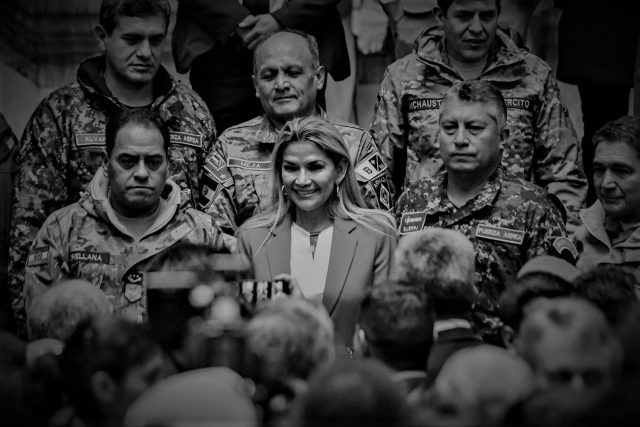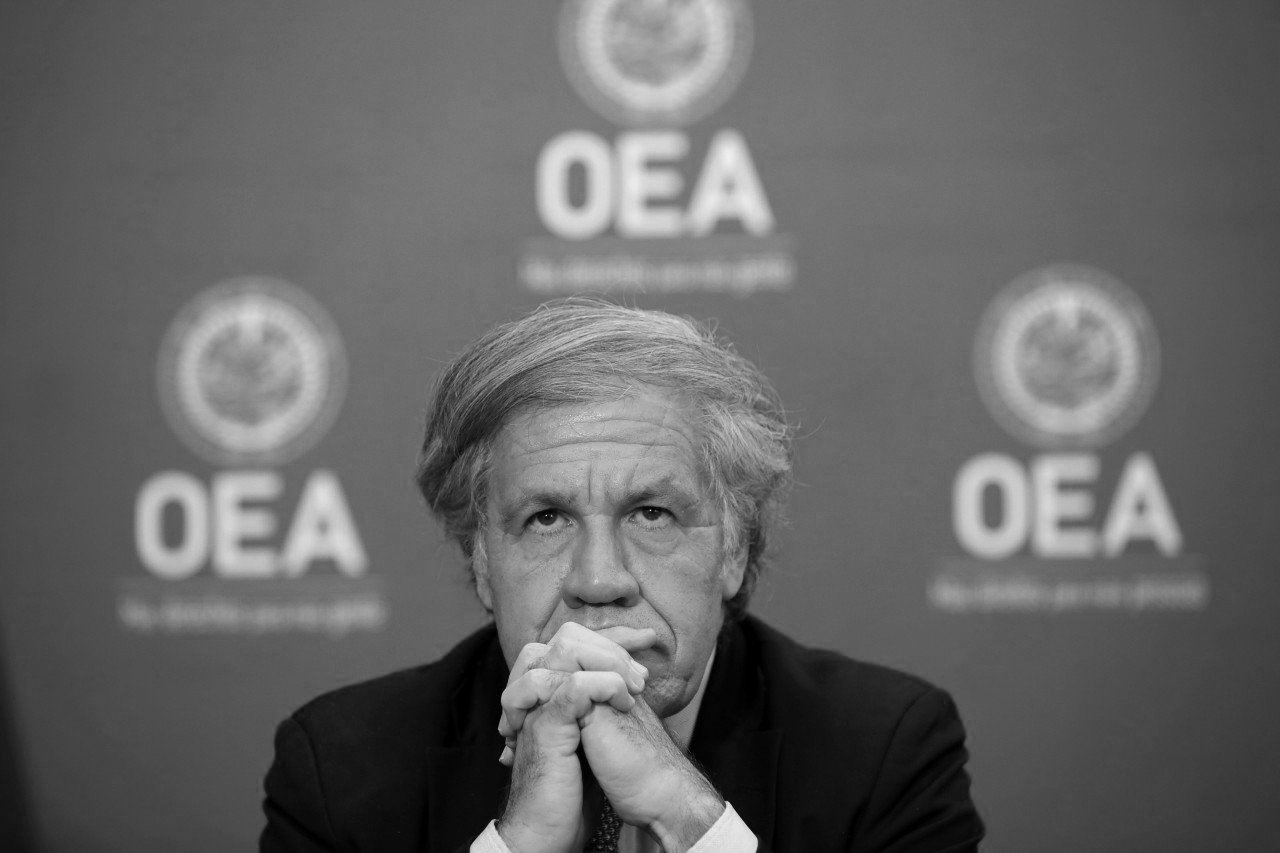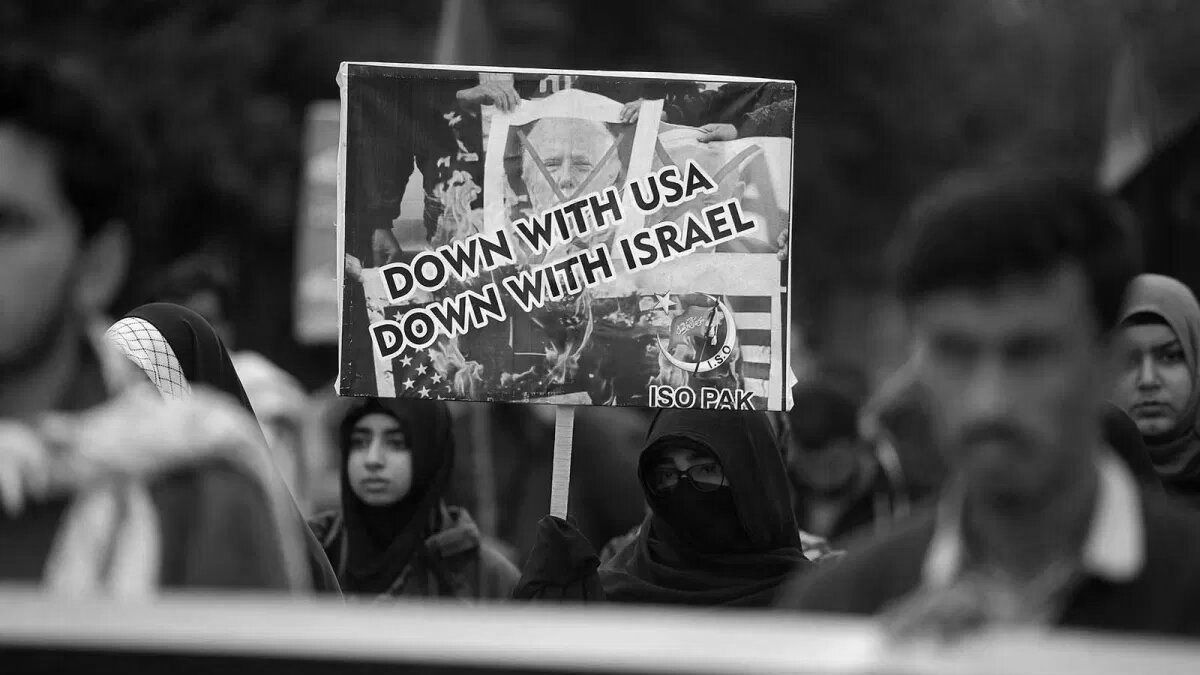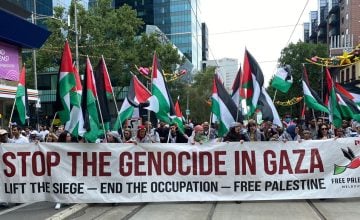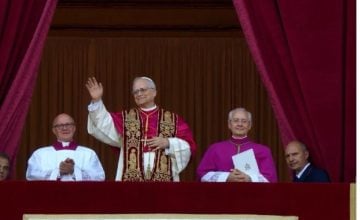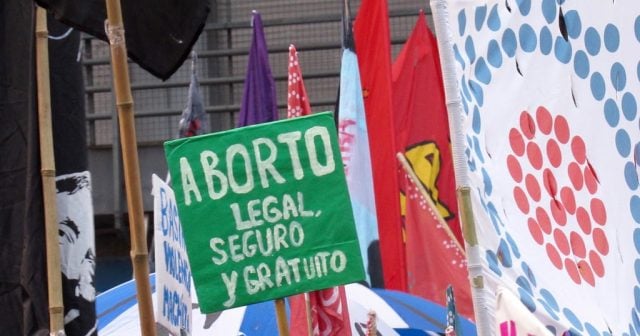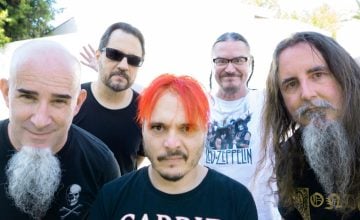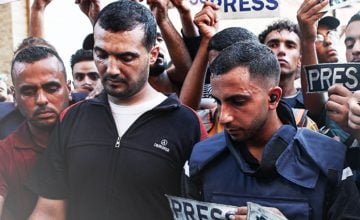The dictatorship of Jeanine Áñez in Bolivia was established after the coup against Evo Morales. It lasted almost a year and was involved in thousands of crimes against humanity and in human rights violations. Her actions included massacres, disappearances, assassinations, political and judicial persecution.
Her departure from power was achieved through the Bolivian people’s vote for Luis Arce in the presidential elections. However, does that mean that the crimes committed during the Áñez dictatorship have prescribed?. On the contrary, the Bolivian justice has an obligation to investigate and punish all the guilty.
In this regard, the new Minister of Justice, Iván Lima, offered an interview to the NODAL agency. In it, he addressed different issues on the need to recover the rule of law in Bolivia. That means, among other things, fighting against impunity and vindicating the rights that were violated during the ultra-Catholic regime of Jeanine Áñez.
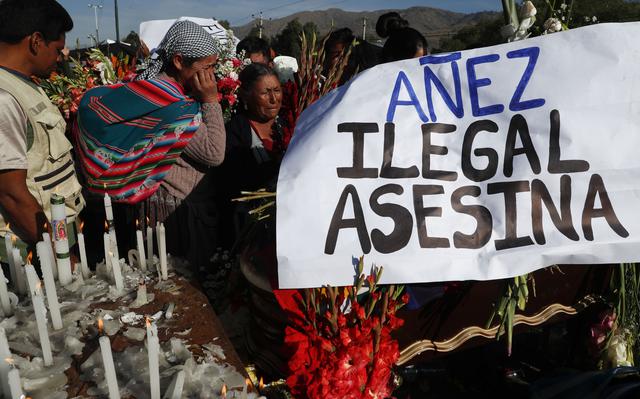
During the coup d’état of November 2019, the police and the military repressed the population that rejected this action. At that time, there were two massacres in the towns of Sacaba and Senkata. Between both, at least 26 people were murdered, according to a report by the IACHR.
Since Arce assumed the presidency, legal actions have began against those responsible for these events. Thus, the Judiciary began investigations against former de facto government officials.
In her repressive policy, Jeanine Áñez launched a judicial persecution against the leadership of the MAS party, including union leaders and activists. Currently, there are at least 1,500 political prisoners awaiting their release. Here are excerpts from the NODAL interview.

What will happen to the political prisoners and the legal cases against MAS leaders?
There are institutional roles that must be fulfilled. In the Ministry we have the Public Defense Service and the Plurinational Service of Attention to Victims (SETAVI). These institutions must serve political prisoners and all Bolivians whose human rights were affected in the previous regime.
Many have criminal proceedings and the public defense will be in charge of the operational work so that they stop being politically persecuted. Likewise, SETAVI will assist the victims of Senkata and Sacaba and all the people who have been affected. One ‘arm’ defending the accused, and the other ‘arm’ advising the victims.
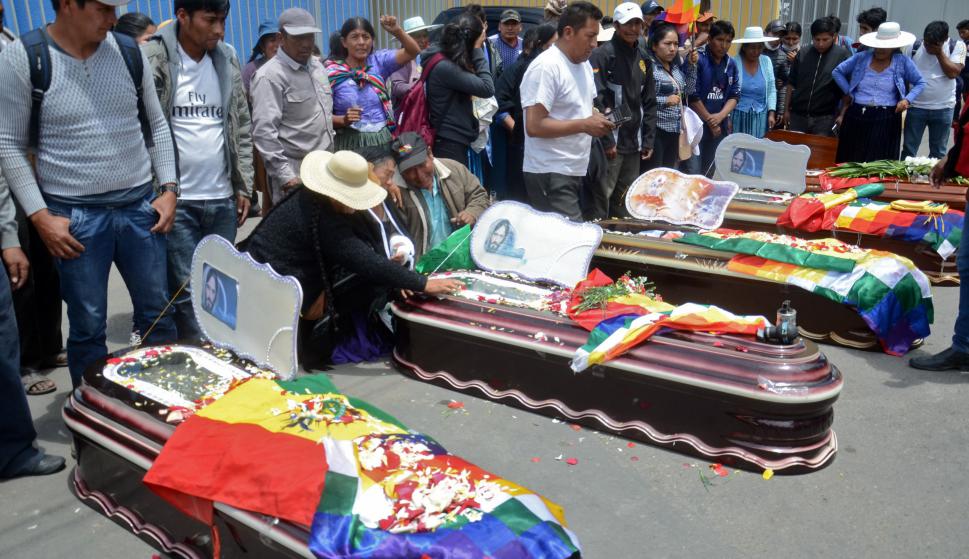
The head of all criminal action in Bolivia is the Attorney general. The Judicial Power will dictate sentences and the duty of the Ministry of Justice is to ensure that these two institutions work well. It is not a matter only of the political prisoners of the MAS, but for the entire country and those who supported President Luis Arce. Everyone needs justice.
We cannot continue to have an indolent judicial system that only persecutes those who think differently. Justice must be independent.
This government will not deal with specific cases from the Ministry of Justice. We are going to build public policies of respect for the Constitution and guarantees for all citizens, wherever they come from and whatever political party they belong to.
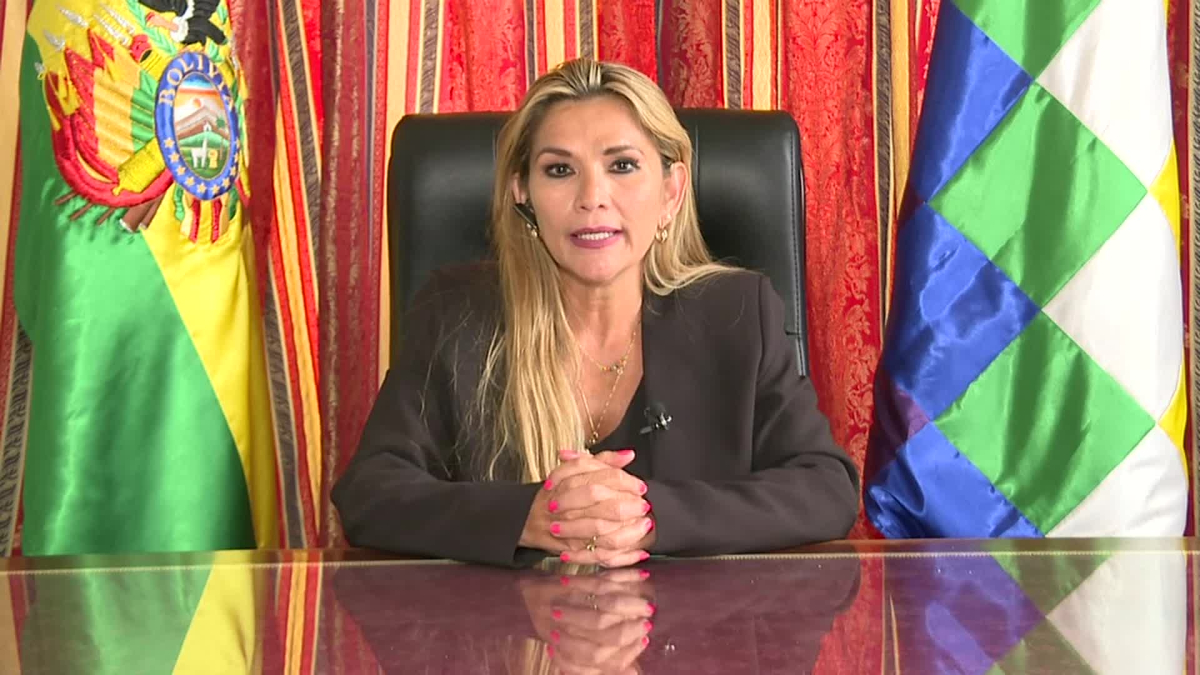
Will Jeanine Áñez, the coup plotters and the perpetrators of crimes against humanity be taken to trial?
These are issues that cannot be underlined. Definitely, the prosecutor will have to build a criminal policy that gives priority to these emblematic cases.
Saying that there was a coup is not the job of the Minister of Justice, or even the Attorney general. Definitely, the evaluation of what happened in the transition has to be the result of a judicial decision. And, in my opinion, it should be defined and pursued by the different political levels and by the Attorney general.
Evaluating what happened after the ‘inauguration’ of Jeanine Áñez must be the result of concrete actions derived from our Legislative Assembly. What happened at that time is being reviewed by Congress. The previous Assembly did it and the new one must finish defining the scope of the transitory nature and serious violations of human rights. We already have a normative instrument that regulates this.
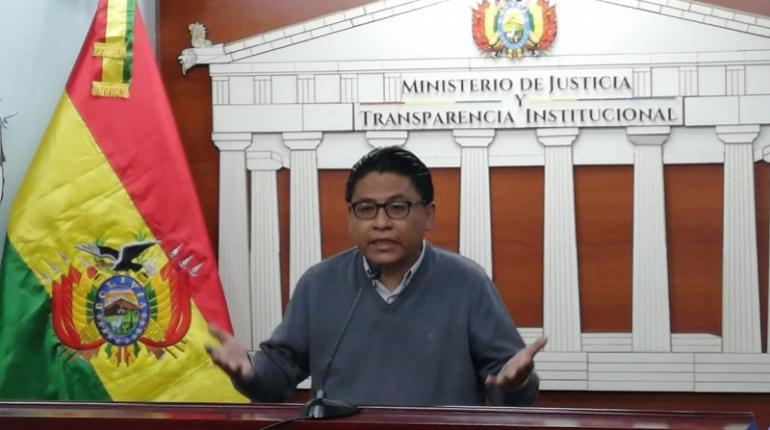
What normative instrument does the minister refer to?
The law that we built with Foreign Minister Rogelio Mayta on States of exception. This gives specific deadlines to the Assembly to review the serious human rights violations during Áñez’s period. She disguised her persecution against citizens, activists and political rivals as a ‘fight against the pandemic’.
There were several serious events that occurred during the pandemic. For example, the decrees that granted impunity to the Armed Forces to use firearms against social protest. There are also the decrees that restricted freedom of expression. Likewise, more serious events such as having hundreds of Bolivians on the border with Chile, freezing at very low temperatures. The excuse was that «it was necessary to comply with the protocols of the WHO», when such a treatment cannot be given in any circumstance.
All human rights violations (by Jeanine Áñez) already have a legal framework: the State of Emergency Law. They will be tried, trials will be promoted, and judicial independence and the role of the prosecutor will be respected. That is the objective of this government.
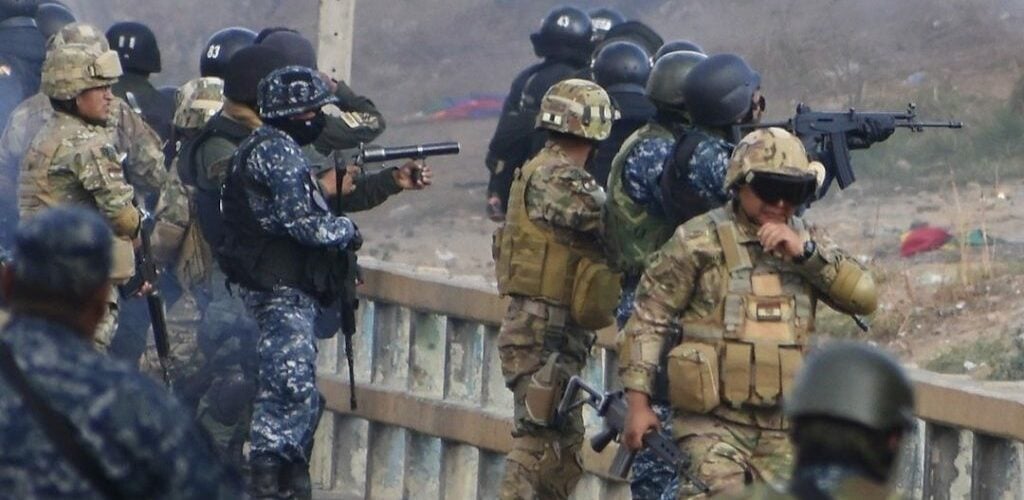
What will be done in the face of the speeches that promote violence like those of Áñez and Luis Fernando Camacho?
They are speeches that necessarily have to be evaluated by the population. These people are looking for a level of confrontation with the current government and they will not find it.
There is a fight when the two want to fight and the government has no interest in arguing with Luis Fernando Camacho. The country became aware and knows that it is not a serious person. He has no concrete proposals, no alternatives, and he only wants the confrontation between Bolivians.
If you want to continue building a hate speech, the attorney general will have to act. If, on the contrary, you want to start building a new country, a new homeland with results for the people, the doors are open.
We definitely cannot build a country with a hate speech (like Áñez’s). You have to put it aside and start generating proposals. Only in this way, ceasing to seek confrontation with us, will he be able to build a serious political project.
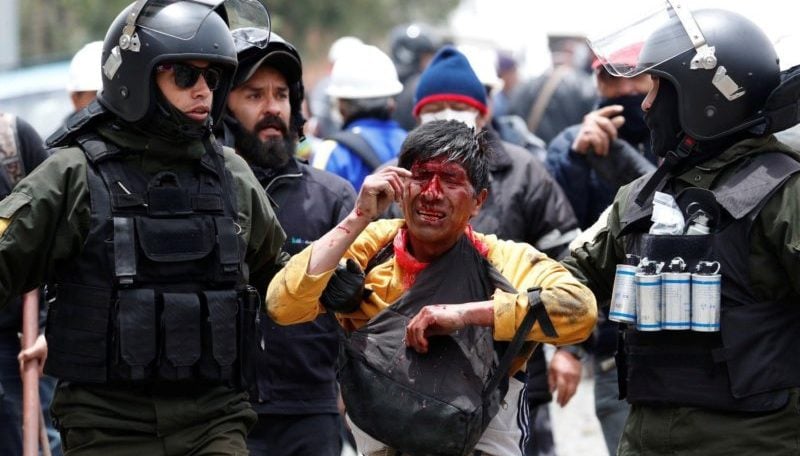
What challenges will the government have regarding the reform of the Judiciary and the selection of magistrates?
The main problem of the reform in the Justice system is the lack of independence of the judicial organ. We have made a commitment to pass five emergency laws. One is the judicial career and there are two, we have already been working on them in the Assembly, approved by the Senate before Luis Arce took office. They are all part of the package of structural laws.
The first is a reform to Law 44, on trials and responsibilities. There is total impunity for counselors and magistrates in Bolivia. These authorities have granted precautionary measures to suspend the processing of actions and trials against counselors, magistrates and high courts.
Well, this law aims to unblock this delay in justice and end this system of impunity. It also seeks to make viable liability trials.
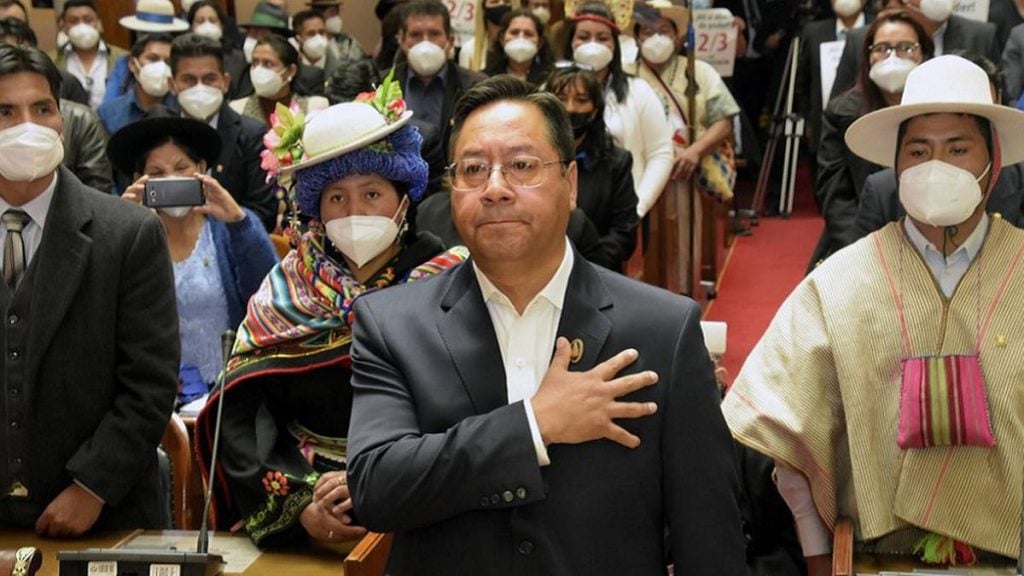
What are the other laws already passed by the Senate about?
The second law has to do with constitutional justice, with its new structure, with the judicial career and with performance evaluation. A dialogue was held with the Plurinational Constitutional Court and it is expected to be the second emergency law to be approved.
The other laws start from scratch. One has to do with the reform of property rights, the registry issue, of public property in cities that have a law which is two centuries old that does not respond to the expectations of the population. We want to clean up 100% of urban property ownership and solve the problem we have with serious corruption in property rights.
And another emergency law is about adoption. We don’t even know how many children are in institutionalized homes. There is talk of a figure that ranges between 8,500 and 15,000 children. However, no law has solved the problem.
The idea is to make the Ministry of Justice operational, granting it greater powers to coordinate and carry out the work. The minister will seek to unblock, solve, regulate and accelerate the adoption processes that have not materialized in the last two years. This line of work includes international adoption, because we want to, once again, be a supportive country that protects the most vulnerable.
